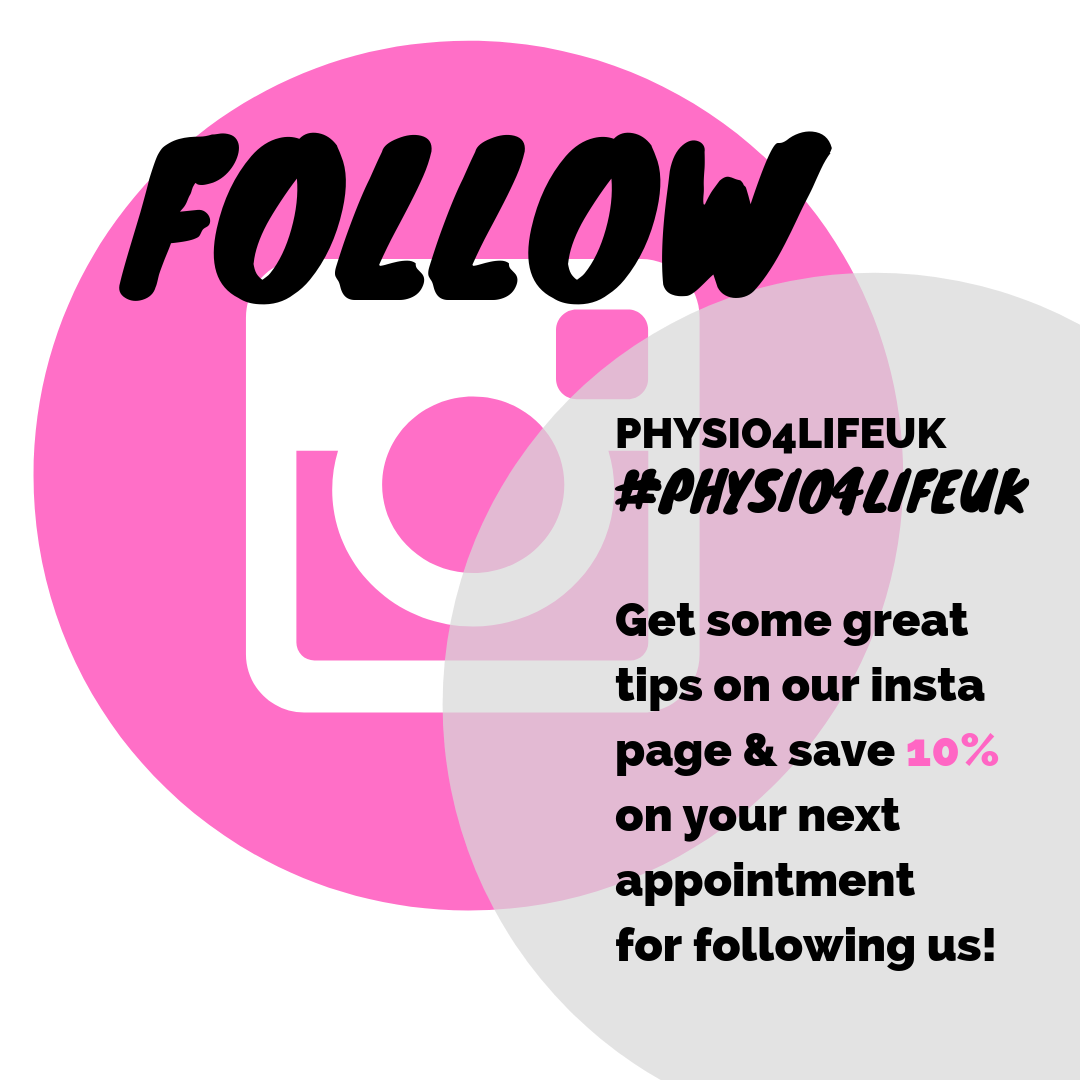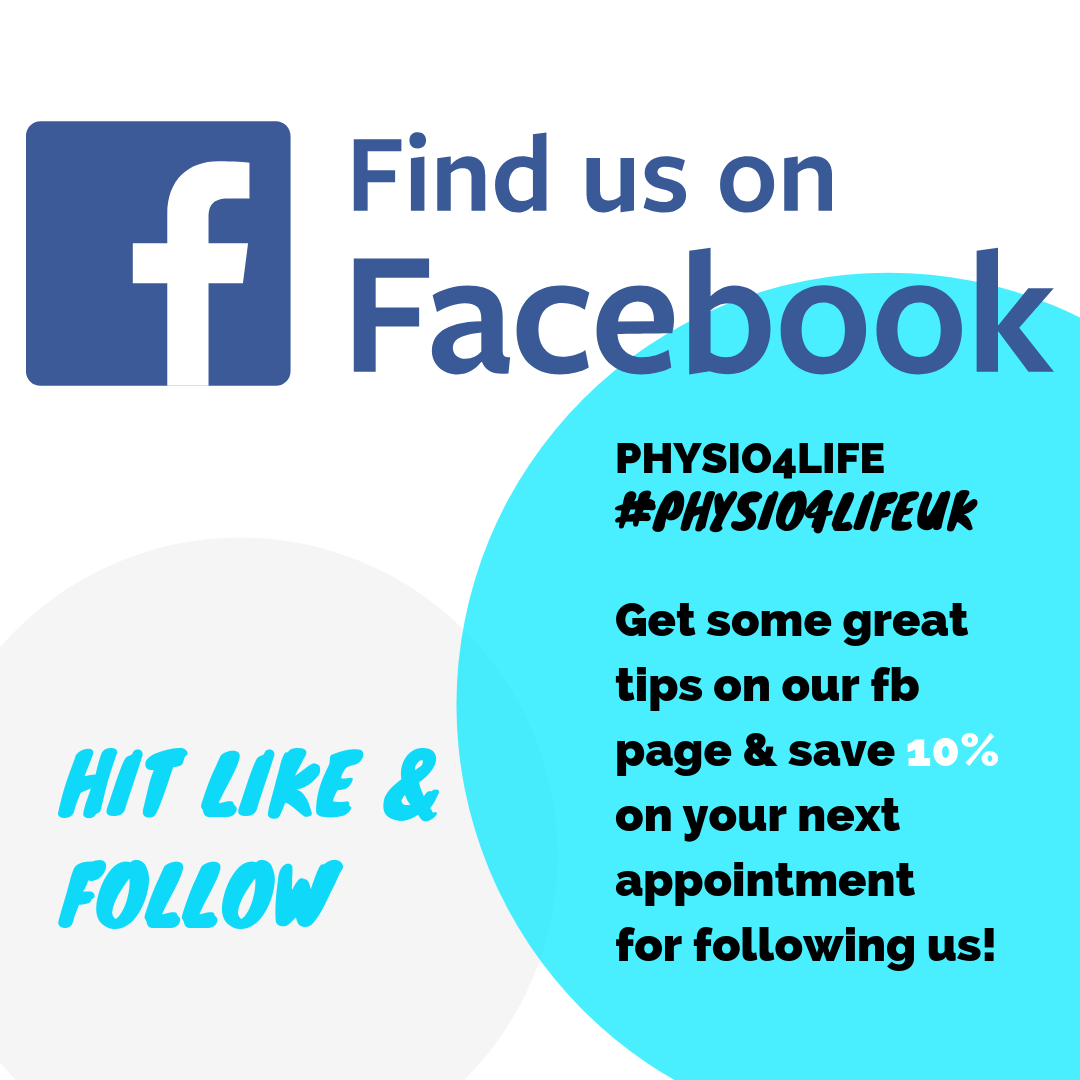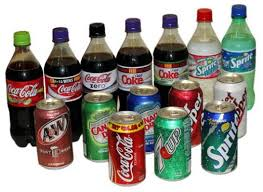
One of the best strategies to adopt during fat loss is to avoid sugary drinks. According to this recent study, regulating caffeine consumption could help decrease the consumption of these drinks. That is because, according to this study, adding caffeine to sugar sweetened drinks significantly increases the their consumption.
Caffeine increases sugar-sweetened beverage consumption in a free-living population: a randomised controlled trial.
Keast RS1, Swinburn BA2, Sayompark D1, Whitelock S1, Riddell LJ1.
r J Nutr. 2015 Jan 8:1-6.
Abstract
Excessive sugar-sweetened beverage (SSB) consumption has been associated with overweight and obesity. Caffeine is a common additive to SSB, and through dependence effects, it has the potential to promote the consumption of caffeine-containing foods. The objective of the present study was to assess the influence that caffeine has on the consumption of SSB. Participants (n 99) were blindly assigned to either a caffeinated SSB (C-SSB) or a non-caffeinated SSB (NC-SSB) group. Following randomisation, all participants completed a 9 d flavour-conditioning paradigm. They then completed a 28 d ad libitum intake intervention where they consumed as much or as little of C-SSB or NC-SSB as desired. The amount consumed (ml) was recorded daily, 4 d diet diaries were collected and liking of SSB was assessed at the start and end of the intervention. Participants (n 50) consuming the C-SSB had a daily SSB intake of 419 (sd 298) ml (785 (sd 559) kJ/d) over the 28 d intervention, significantly more than participants (n 49) consuming the NC-SSB (273 (sd 278) ml/d, 512 (sd 521) kJ/d) (P< 0·001). A trained flavour panel (n 30) found no difference in flavour between the C-SSB and NC-SSB (P>0·05). However, participants who consumed the C-SSB liked the SSB more than those who consumed the NC-SSB (6·3 v. 6·0 on a nine-point hedonic scale, P= 0·022). The addition of low concentrations of caffeine to the SSB significantly increases the consumption of the SSB. Regulating caffeine as a food additive may be an effective strategy to decrease the consumption of nutrient-poor high-energy foods and beverages.




